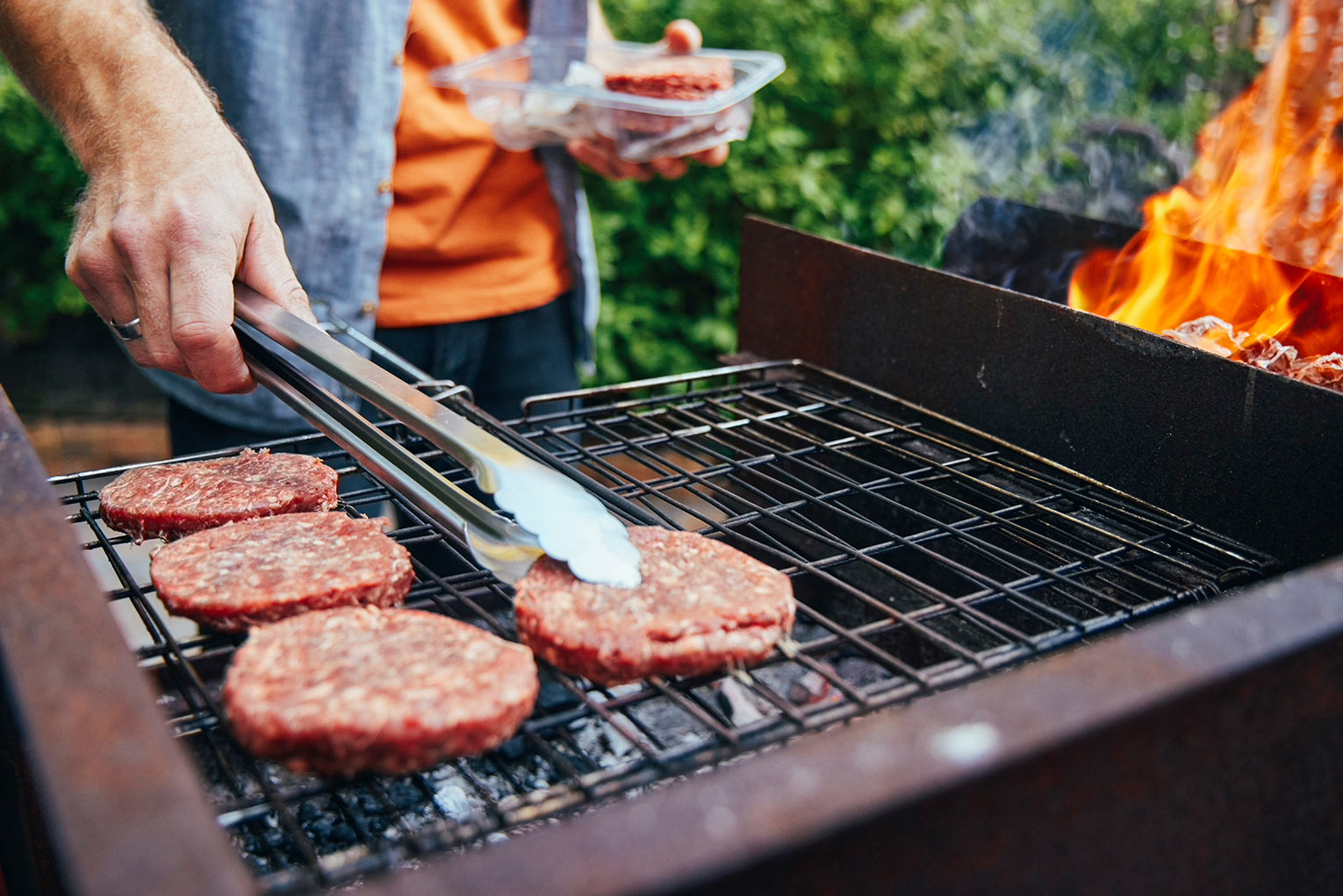Could Your Cookout Cause Cancer?

Summer is a time for a cookout so you may be planning to buy ribs, clean your grill, and have a good old grillfest this weekend. While burns and kitchen utensil mishaps are likely on your potential health hazards radar, there ís probably one that isn’t … cancer.
Grilling is a high-temperature cooking method. That is why, when you eat grilled meat, you may be exposing yourself to harmful chemicals.
“Heterocyclic amines (HCAs) and polycyclic aromatic hydrocarbons (PAHs) are chemicals that form when animal protein, including beef, pork, fish and poultry, are cooked using high-temperature methods,” says Lesley Klein, medical nutrition expert and dietitian at Sylvester Comprehensive Cancer Center. In lab studies, the HCAs and the PAHs can cause changes in DNA, which may increase the risk of cancer.
Where there’s smoke …
Studies show these chemicals cause cancer in animal models but that population studies have not established a definitive link between HCA and PAH exposure from cooked meats and cancer in humans, according to the National Cancer Institute. However, there are several studies currently looking at potential cancer risks associated with cooking meat.
HCA forms when animal protein reacts to high temperatures, Klein says. PAH develops when fat and juices drip onto the grill causing flames and smoke. The smoke carries the chemical up to the meat where it adheres to the surface of your dinner. These chemicals also come into being when meat is smoked, and cigarette smoke and car exhaust fumes contain PAH.
Hot dogs, which are considered processed meat, are another potential cancer risk long associated with your summer BBQs. Any amount of processed meat eaten regularly increases the risk of both stomach and colorectal cancers, says the American Institute for Cancer Research.
Don’t pack up the grill yet
Don’t let this put a damper on all your summer plans. You can still grill safely; Klein says that certain factors can lessen the risk of encountering these harmful chemicals.
Limiting direct exposure of meat to an open flame can help reduce the formation of HCAs and PAHs, she says.
How can you limit your exposure?
She suggests these techniques: precook meat in a microwave, continuously flip meat on the grill, and don’t cook the meat till it ís well-done. Also, remove charred portions of meat and avoid making gravy from the meat drippings.
And, you can even eat a hot dog, as long as you keep your processed meat intake to special occasions.
Natasha Bright is a contributing writer for UMiami Health News. You may read her writing on the Huffington Post and Scary Mommy websites.
